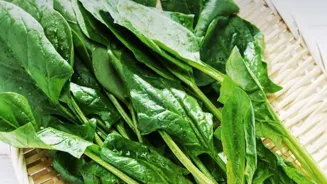Uncover the importance of calcium for strong bones in an Indian diet. Learn about key foods & tips to boost your intake. Read on!
Namaste readers! In the hustle-bustle of our daily lives, it's easy to forget
the small things that make a big difference to our health. One such crucial element is calcium. Often associated with milk advertisements, calcium actually plays a much grander role than just building strong teeth.
It's the bedrock upon which our bone health is built, affecting everything from posture to mobility as we age. Let's delve into why this amazing mineral is important, especially from an Indian dietary point of view, and discover some readily available vegetarian food sources to boost your intake.
Why Calcium is Your Bone's Best Friend
Imagine your bones as the pillars holding up a magnificent building – that's you! Calcium is the cement that binds these pillars together, making them robust and resilient.
It's not just about strength; calcium also helps in maintaining bone density, which is the amount of mineral matter in your bones. As we grow older, bone density naturally decreases, making us more susceptible to fractures and conditions like osteoporosis (weakening of the bones).
Think of osteoporosis as the erosion of those pillars, making the whole structure unstable. Therefore, adequate calcium intake throughout life is like constantly reinforcing those pillars to keep them strong.
But calcium's role doesn't stop there.
It also plays a vital part in muscle function, nerve transmission, and even blood clotting. Your heart needs calcium to beat properly! When your body doesn't get enough calcium from your diet, it starts drawing it from your bones, gradually weakening them.
This is why maintaining a good calcium level is so important for overall well-being. Ignoring your calcium needs is like neglecting your building's foundation, eventually leading to cracks and instability. So, let's make sure our foundations are strong!
Indian Diet and the Calcium Challenge
Now, here's where things get a bit tricky. Many Indians, particularly vegetarians, struggle to meet their daily calcium requirements. Traditional Indian diets, while rich in other nutrients, might not always provide enough calcium.
Dairy products, a primary source of calcium in many Western diets, may not be consumed in sufficient quantities by everyone here due to lactose intolerance, dietary preferences, or availability. This poses a unique challenge in ensuring adequate calcium intake for a large section of the population.
We need to look beyond the usual suspects and explore the wealth of vegetarian calcium sources available in our local markets and kitchens.
Furthermore, certain lifestyle factors can also affect calcium absorption.
Lack of vitamin D, which helps your body absorb calcium, is a common issue, especially for those who spend most of their time indoors. Similarly, excessive intake of caffeine and salt can also hinder calcium absorption.
Therefore, it's essential to consider not just what you're eating, but also how your body is utilizing the calcium. It's like having all the building materials but lacking the tools or knowledge to put them together properly.
A holistic approach to bone health, encompassing diet, lifestyle, and even sunlight exposure, is crucial.
Top 5 Vegetarian Calcium-Rich Foods for the Indian Kitchen
Okay, enough with the problem; let's focus on solutions! Here are five readily available vegetarian foods that can significantly boost your calcium intake:
Dairy Products (if suitable): Ghee and butter are known to contain calcium. Dairy products can be consumed by those, who are not lactose intolerant.
A bowl of curd can give your bones a boost.
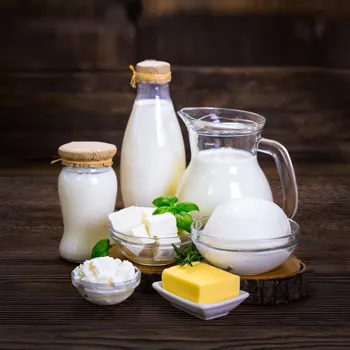
Leafy Greens (especially spinach and kale): Though not as calcium-dense as dairy, these greens are packed with other nutrients and contribute to overall bone health. Saag, a popular Indian dish made with mixed greens, is a delicious way to incorporate these into your diet.
Leafy greens are great in curries and sabzis, adding valuable calcium to your meals.
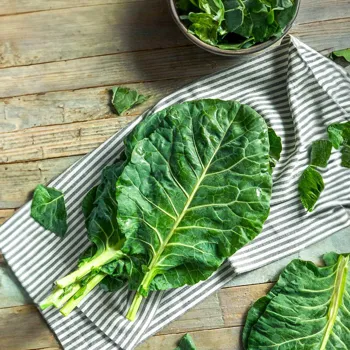
Sesame Seeds (Til): These tiny seeds are a powerhouse of calcium! Whether sprinkled on rotis, added to ladoos, or used in tahini (sesame seed paste – though not traditionally Indian, it's becoming increasingly popular), sesame seeds are a versatile and tasty way to increase your calcium intake.
Til can be sneaked into many dishes for that calcium kick, try it!
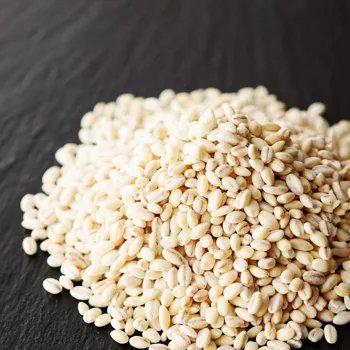
Finger Millet (Ragi): This grain is an excellent source of calcium and is often used to make rotis, dosas, or porridge. Ragi is particularly beneficial for children and older adults needing that extra calcium boost.
Incorporate ragi into your diet in different forms to enjoy its calcium benefits.
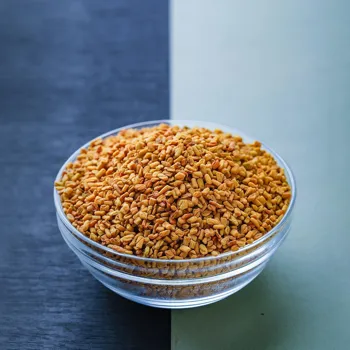
Pulses (especially chickpeas and kidney beans): Pulses are a staple in the Indian diet and provide a good amount of calcium along with protein and fiber. Chana masala or rajma chawal are not just delicious; they're also contributing to your bone health!
Pulses are a versatile way to add calcium to your daily diet, from dals to curries.
Easy Ways to Incorporate Calcium into Your Daily Routine
Now that you know the foods, let's talk about incorporating them into your daily meals. A simple way to start is by adding a handful of sesame seeds to your roti dough or sprinkling them on your breakfast poha. Include leafy greens in your daily sabzi or dal.
Ragi rotis or dosa can be a healthy and calcium-rich alternative to wheat-based options. Snack on a handful of roasted chickpeas instead of processed snacks. And of course, if you tolerate dairy, a glass of milk or a bowl of curd is always a good option.
Remember, consistency is key.
It's not about drastically changing your diet overnight, but about making small, sustainable changes that add up over time. Think of it as a long-term investment in your bone health, one delicious bite at a time.
Experiment with different recipes and find ways to make these calcium-rich foods a regular part of your meals. The journey to stronger bones can be both healthy and delicious!
A Final Word: Beyond Food
While diet is crucial, don't forget the other important aspects of bone health.
Regular exercise, especially weight-bearing activities like walking, jogging, or dancing, helps strengthen your bones. Spend some time outdoors to get your dose of vitamin D from the sun.
And if you have any concerns about your bone health, consult your doctor for personalized advice and potential supplementation. Taking care of your bones is an investment in your future, ensuring a healthy, active, and fulfilling life for years to come.
Stay healthy, stay strong, and take care of your bones!
AI Generated Content. Glance/InMobi shall have no liability for the content